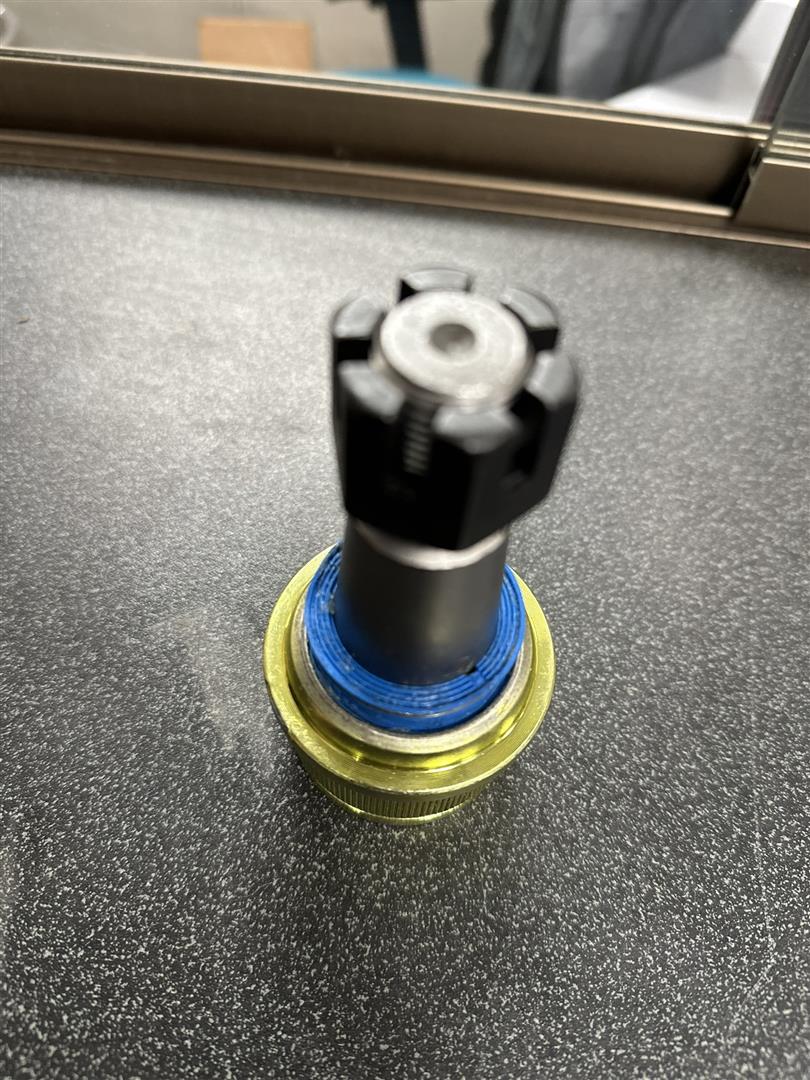Posted on 2/21/2023

When it comes to the suspension on your vehicle, the ball joints are important components that connect the wheel hub to the control arms. The ball joints provide pivoting movement between the wheel hubs and control arms. This will allow you to control your vehicle and have a smooth ride. The lifespan of the ball joints will depend on your driving habits, road conditions, and exposures to road debris. When a ball joint fails, it will cause the front suspension to come apart and lose control of your vehicle. If you feel that your ball joints may be failing call us to schedule an appointment. We will inspect all suspension components along with the fluids, tires, and filters on the vehicle.
Posted on 2/7/2023
The Diesel Particulate Filter is an exhaust device that traps particulate matter such as diesel exhaust gases and solid soot particles. These filters are strictly only found on diesel vehicles only. The particulate filter requires regular cleaning which is referred to as regen cycle. During the regeneration cycle burns off diesel soot at a high temperature resulting in ash. After the regen, cycle is complete the filter can be begin collecting exhaust gases again. If the filter is unable to clean itself, it can cause costly repairs. It is important to keep that filter clean for it to its job. There are three types of regenerations. The passive regeneration, active regeneration, and forced regeneration. Most newer diesel vehicles are equipped with multiple sensors that monitor the efficiency of the vehicle's engine. When the system recognizes performance issues the orange warning symbols on your dashboard will light up. Call us today if you have any questions regarding your diesel ve ... read more
Posted on 2/1/2023

Oil changes are an important routine maintenance. For these newer cars with such infrequent oil change recommendations, we still suggest getting your oil changed every 5,000-7,500 miles. Why? Think of oil in your vehicle like your body and water. Our bodies are 60% water. There's always H2O streaming through us. Yes, we can go a few days without it, but it is still important to replenish ourselves and stay hydrated since we lose that water in different ways. However, the longer we go without water, the more our body starts to shut down and not cooperate. The same goes with our vehicles. Oil is constantly pumping throughout the vehicle and its engine. Our job, as the user, is to maintain the oil so that it's always clean and at the level it needs to be. Yes, the vehicle could last months on end without changing the oil, but in the meantime the oil is getting more and more dirty, sludge-like, and building up particles. The more dirty the oil gets, the worse it is ... read more